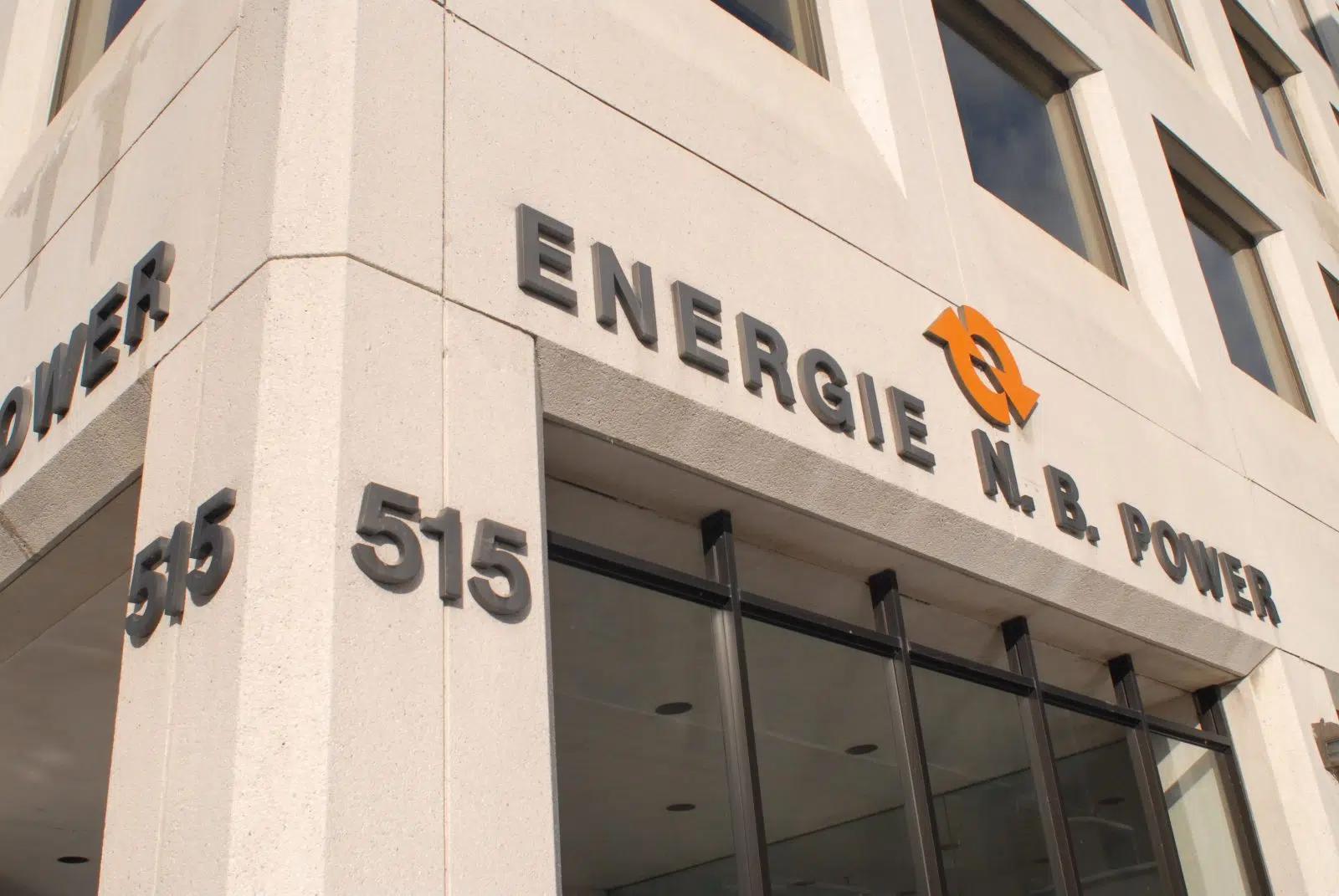New Brunswick is ramping up its clean energy efforts with four new wind farms set to bring over 450 megawatts (MW) of renewable power to the provincial grid.
NB Power has signed agreements to purchase electricity from these developments, marking a significant step in the province’s shift toward lower-emission power generation.
In addition to finalizing these projects, the utility has issued new Requests for Expressions of Interest (REOIs) to explore further renewable energy opportunities, including wind, solar, and other clean technologies.
Wind projects led by First Nations partnerships
The four wind farms, developed in collaboration with First Nations communities, are expected to be operational by 2027 and 2028.
The projects include:
- Salmon River Wind Project (200 MW) – Representing all six Wolastoqey communities, developed near Hammondvale in partnership with Natural Forces.
- Paqt’smawei Sipu Wind Project (100 MW) – A collaboration between L’nui Menikuk First Nation (Indian Island) and Mi’gmaq United Investment Network, also working with Natural Forces.
- Astuwicuwon Wind Project (92 MW) – Led by Sitansisk First Nation (St. Mary’s) in partnership with Eolectric.
- Papoqji’jg Wind Project (60 MW) – Developed by Pabineau First Nation in partnership with ABO Energy.
The agreements reflect the utility’s long-term commitment to clean energy while ensuring strong community partnerships, according to NB Power President and CEO Lori Clark.
“These projects represent the future of sustainable energy in New Brunswick—working together, showing respect, and deeply rooted in community,” Clark said in a statement.
Expanding clean energy further
NB Power is also seeking additional renewable energy through two newly announced REOIs.
The Net-Zero Pathway targets 200 MW of clean energy, welcoming projects of varying sizes with completion dates between 2029 and 2030.
The Large Scale Accelerator Pathway, also targeting 200 MW, focuses on larger developments exceeding 100 MW, with completion expected by 2027 and 2028.
The utility will evaluate all proposals based on cost-effectiveness and how they integrate into New Brunswick’s energy system.
Impact on electricity costs and jobs
Wind power is among the most affordable renewable energy sources, helping stabilize electricity rates while reducing reliance on fossil fuels.
NB Power said these projects will provide several benefits:
- Lower electricity costs, as wind energy is cheaper to produce than conventional power sources.
- Job creation, supporting local workers in construction, operations, and maintenance.
- New economic opportunities, fostering long-term partnerships with First Nations communities and local businesses.
- Reduced environmental impact, helping New Brunswick cut carbon emissions and meet climate targets.
These projects build on NB Power’s previous clean energy initiatives, including the 25 MW Neweg Energy Project, developed by the Mi’gmaq United Investment Network and Natural Forces, which became operational in February 2025.
With these latest agreements and the push for additional renewable energy projects, New Brunswick is accelerating its transition toward cleaner, more affordable electricity while creating new economic opportunities for communities across the province.







